Training
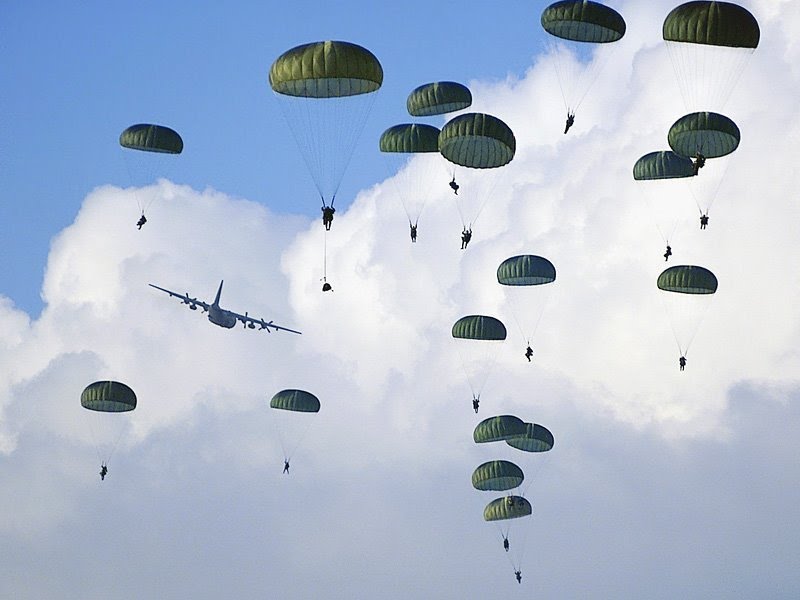
Airborne
If jumping out of a perfectly good airplane sounds like fun, then Airborne School may be of interest to you. Earn the wings of a U.S. Army Paratrooper at this three week school located in beautiful Fort Benning, Georgia. Airborne School is offered to qualified cadets during the summer of their freshman, sophomore, and junior years. AIRBORNE!!!
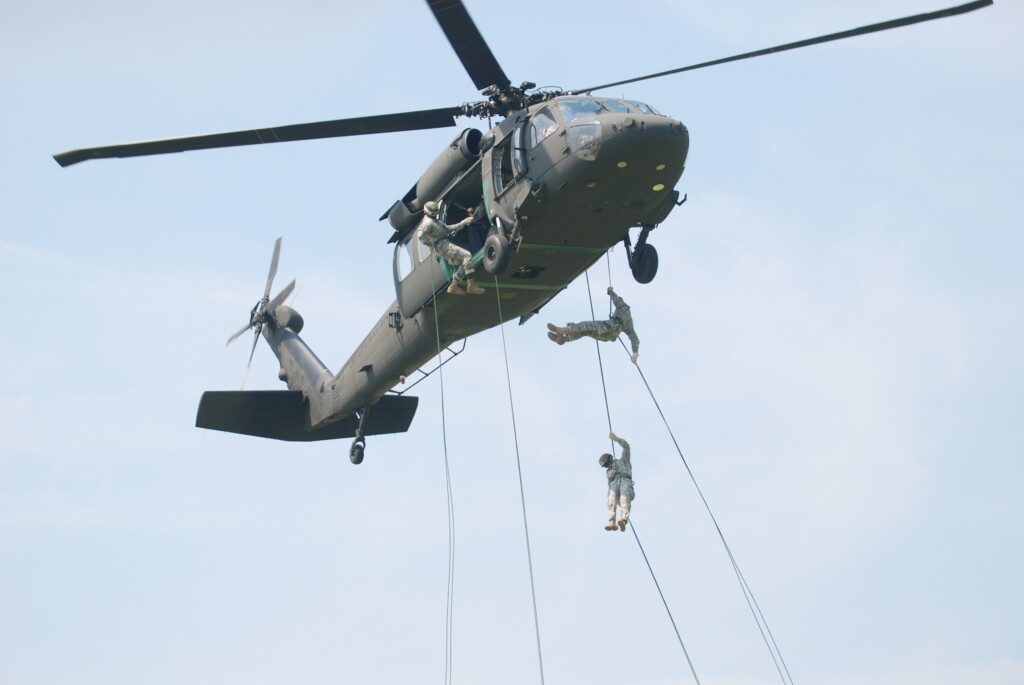
Air Assault
Learn how to establish helicopter landing zones, prepare sling loads for Air Assault operations, and learn how to rappel from a helicopter at this two week course.

Cadet Field Training
Cadet Field Training is an 8-week program of instruction focused on Military Training, Physical training, and Moral, Ethical, and Professional development. Training is conducted at Camp Buckner, NY and the United States Military Academy at West Point, NY. During the training is a one week deployment to Fort Knox for mounted maneuver training. Cadet Field training provides cadets with an environment in which to develop leadership skills they will need to later fulfill their obligations as officers in the Army. Cadets will train on topics such as reflexive fire, weapons training, obstacle course, fire support, leadership development, land navigation, advanced land navigation, mounted maneuver training, engineer training, physical training, and close quarters combat.
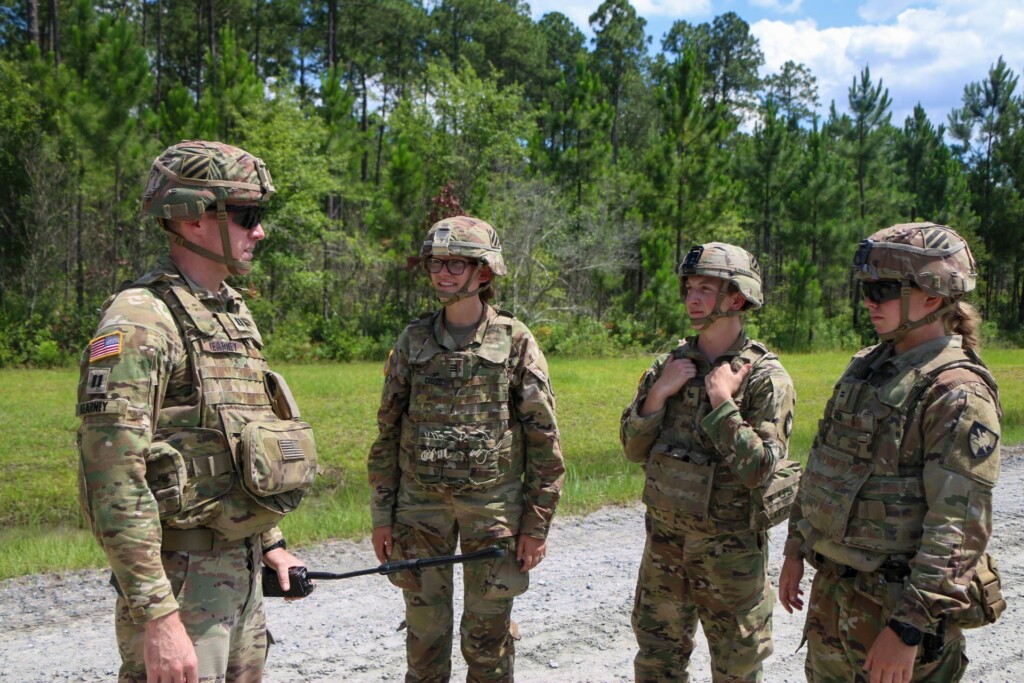
Cadet Troop Leader Training (CTLT)
The Cadet Troop Leader Training (CTLT) provides Cadets the opportunity to experience leadership in Army Table of Organization and equipment (TO&E) units over a three to four week period. Cadets serve in lieutenant-level leadership positions in active-duty units. Platoon Leader positions have a 3-4 week duration depending on the hosting unit and location. Assignments include units that are located CONUS and OCONUS. Cadets are assigned a unit mentor, and are provided on-post lodging and meals via a Dining Facility. This program is exclusively designed for MS III Cadets before and after completion of the Cadet Leader Course (CLC).
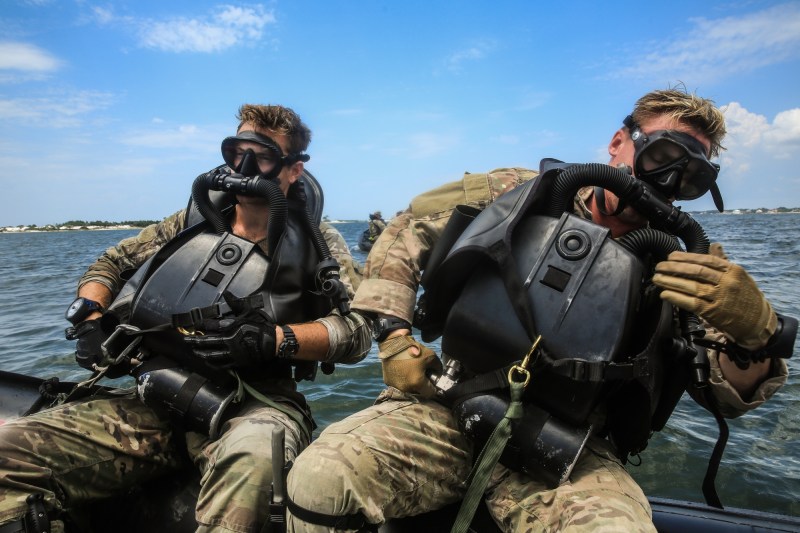
Combat Diver Qualification Course
Students are trained in specialized physical conditioning, waterborne operations to include day and night ocean subsurface navigation swims, day and night team infiltration dives, deep dives, search dives, diving physics, physiology and injuries, cardiopulmonary resuscitation, marine hazards, tides and currents, US Navy dive tables, submarine lock-in/lock-out familiarization, closed-circuit and open-circuit dives, surface swims, small boat operations, and a course culmination situational training exercise (STX).

Drill Cadet Leadership Training (DCLT)
The 4-week DCLT Program provide cadets an opportunity to apply leadership skills, interact with highly skilled and experienced Noncommissioned Officers (NCOs) and drill sergeants, and improve common task skill proficiency in an Army training environment. Cadets serve in positions with the cadre of Initial Entry Training (IET) and One-Station Unit Training (OSUT) units — Basic Training.
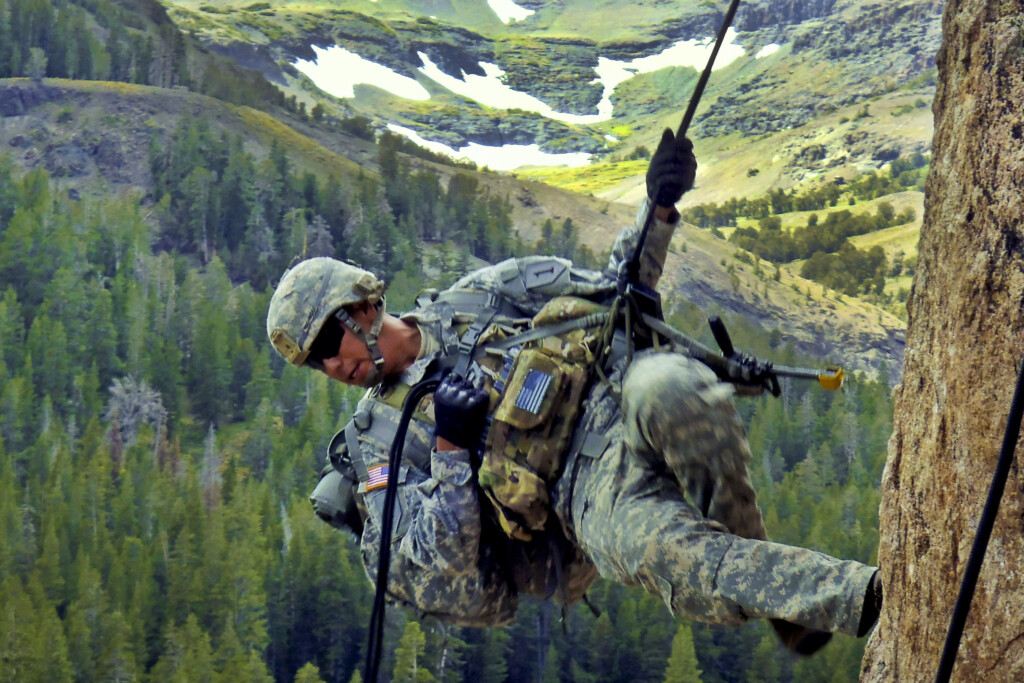
Mountain Warfare
After completing this 14 day long course, cadets earn the title of Military Mountaineer. Training lasts 14 hrs each day for the entire course and cadets learn how to effectively perform small unit tactics in a mountainous terrain and is taught by some of the top Mountaineer’s in the world.
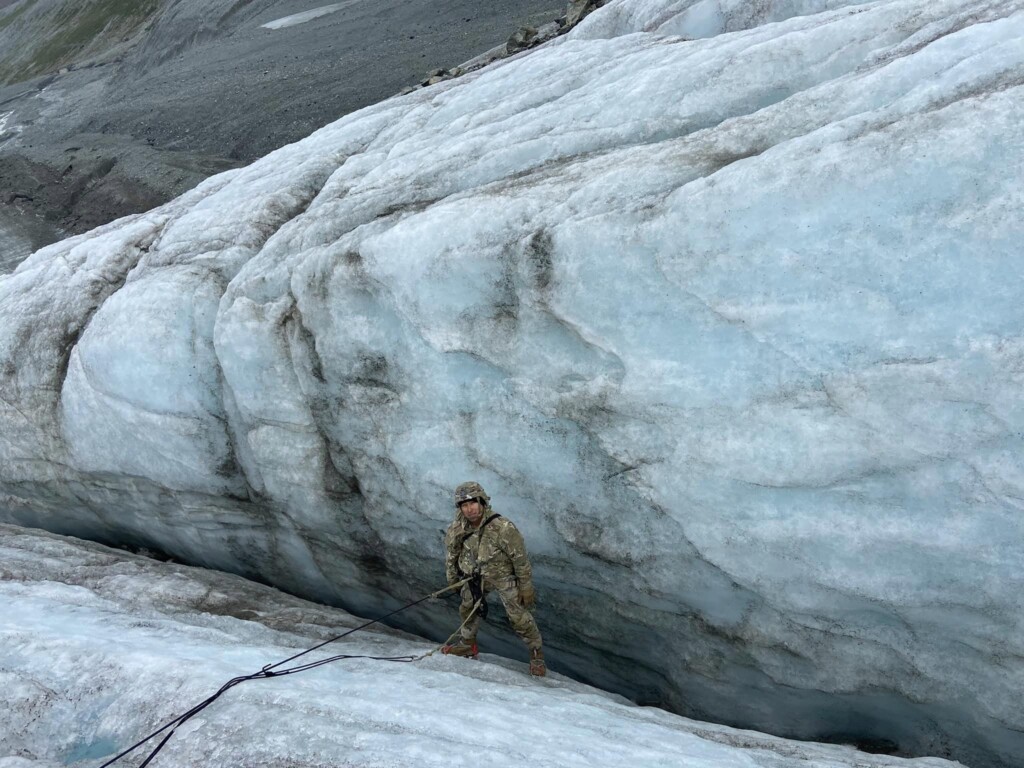
Northern Warfare
Battle cold and conquer mountains at the Northern Warfare Training Center, Fort Wainwright, Alaska. Learn basic Mountaineering in one of the most visually appealing places on earth.
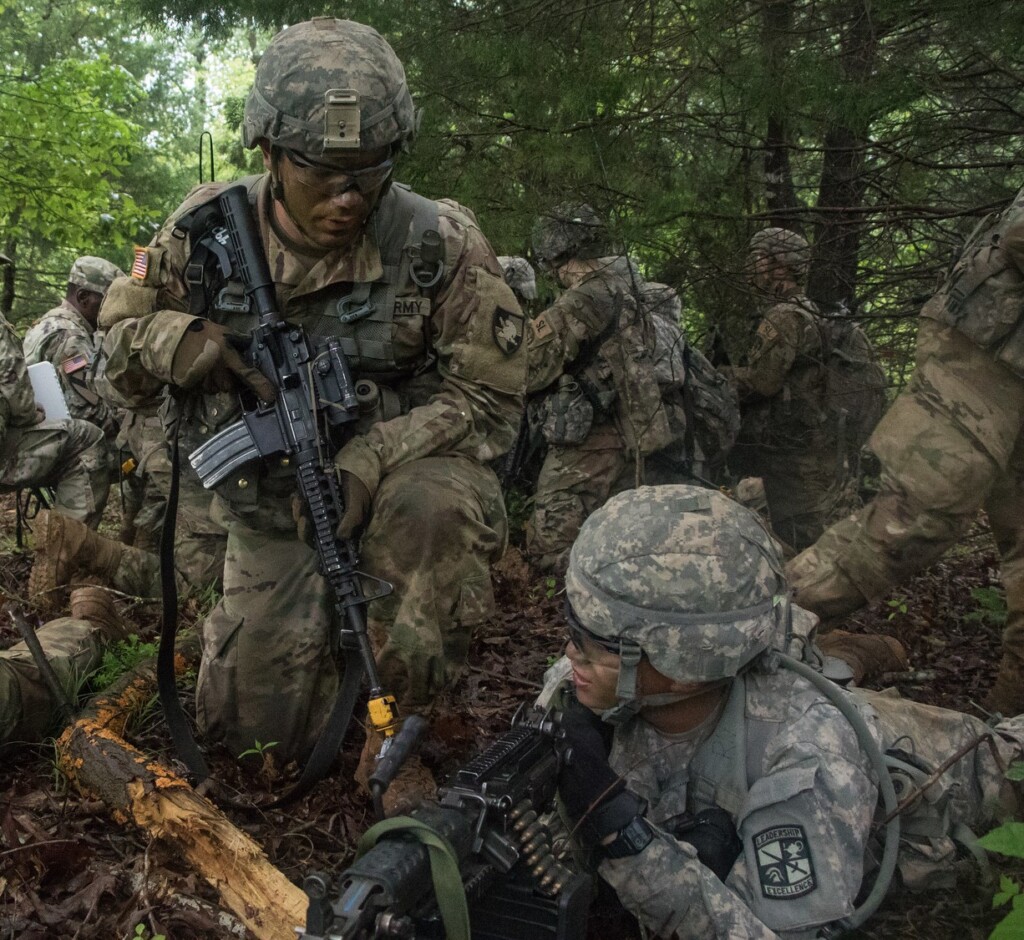
Cadet Summer Training (CST)
After a Cadet has completed their MSIII (Junior) year, he/she will attend Cadet Summer Training (CST) formerly known as Leadership Development and Assessment Course (LDAC), or Warrior Forge. CST has previously been held at Joint Base Lewis McChord, Washington, but is now held at Fort Knox, Kentucky. At CST, you will be challenged and tested on all of the training you have received, both in the
classroom and during leadership laboratories. Passing of this course is mandatory for commissioning. The assessment also provides input into your Order of Merit List (OML) which determines your component and branch of choice and can influence your choice of initial duty location.



Social Media